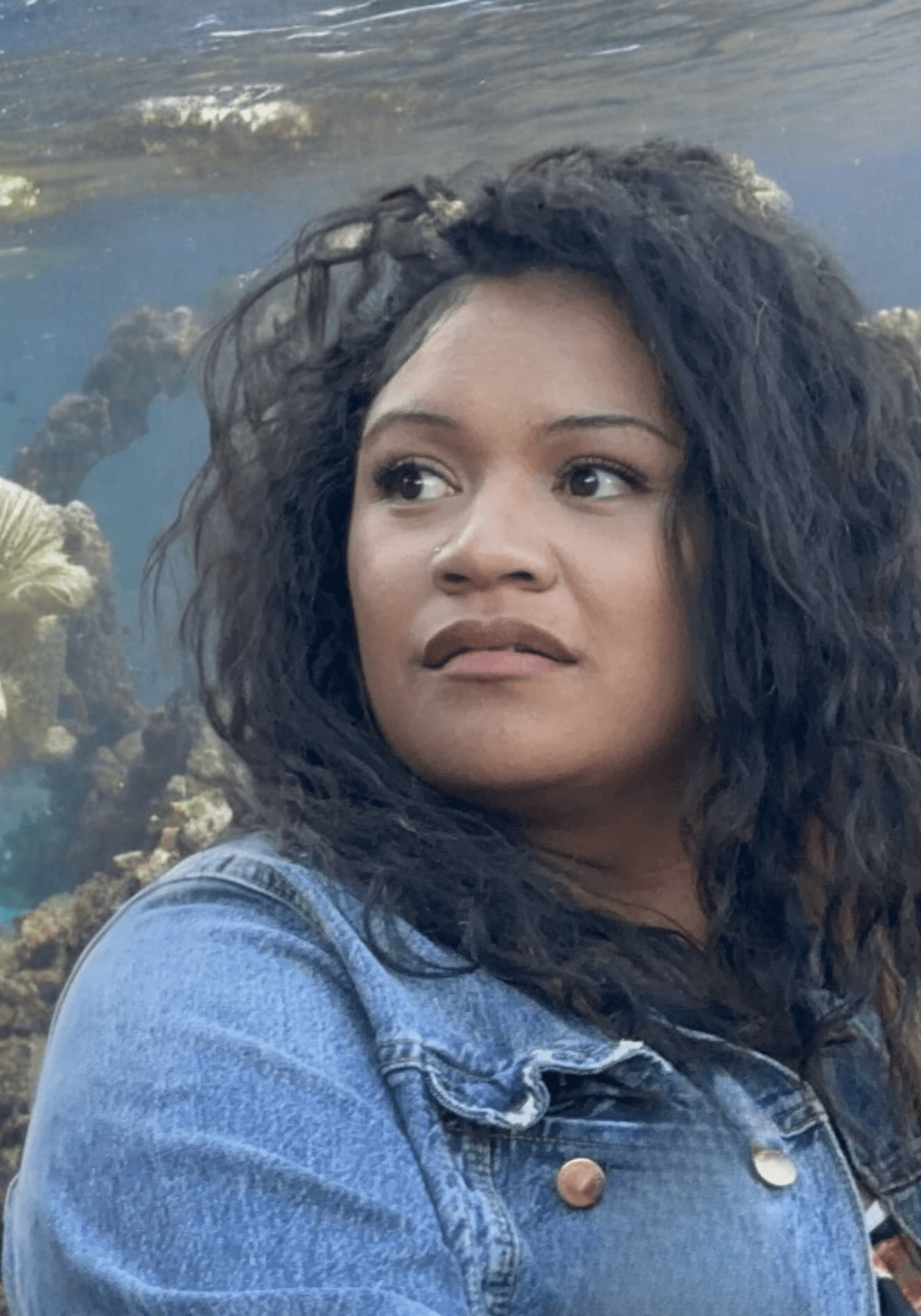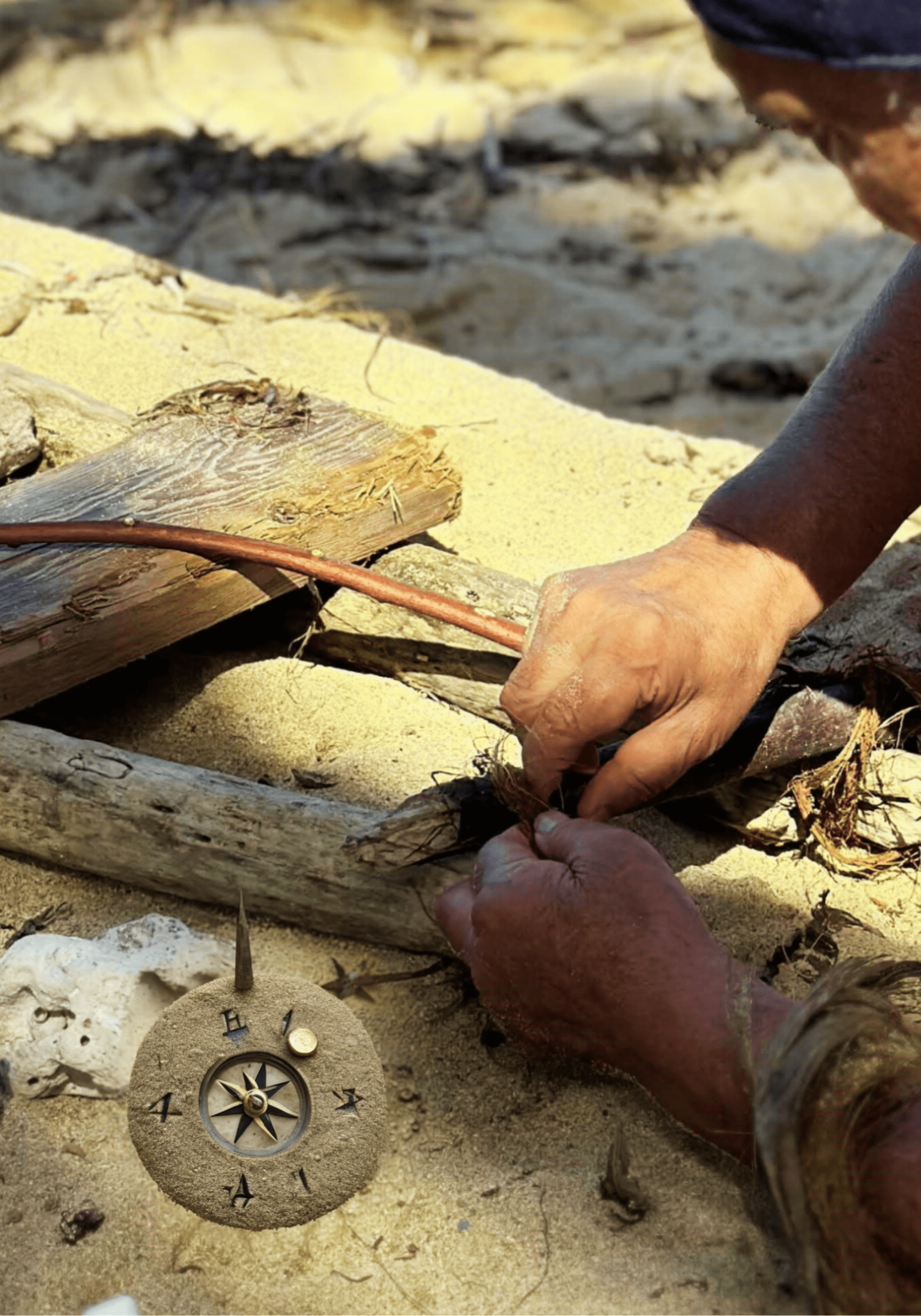In an emergency, GO straight to the emergency department at your nearest hospital or call 911.
If you call 911 wait for help to come.
Another option is to call 988 for a mental health crisis team.
If you are supporting someone in crisis and you think you can do so safely, take the person to the nearest
hospital emergency department, otherwise call 911.
If you want advice in a suicide crisis you could also call 988.
If you don't want to call 988 to speak to someone, don't fool yourself. Just thinking about suicide is enough to call 988.
This number is especially for you. Talk to someone who is trained and willing to speak with you. Your call it important to them.
And if you are helping a loved one and you know the situation is looking bad, then YOU make the call. Whatever you do, call 988 or go to the Emergency Room at any hospital, or call 911.
A crisis intervention means to call 988 right now. Act before you do something that is life threatening. Making this call means everything and those working with you are focused on getting you to safety and the help you desperately need. We get it when you say you failed and couldn’t solve problems on your own. Our society is the type that we are told to be independent. When everything fails and falls apart you stop yourself from asking for help. While this is hard for women, it is even harder for men. If you don’t want to call 988 to speak to someone, don’t fool yourself. Just thinking about suicide is enough to call 988. This number is especially for you. Talk to someone line is trained and willing to speak with you. Your call it important to them. And if you are helping a loved one and you know the situation is looking bad, then you make the call. Whatever you do, call 988 or go to the Emergency Room at any hospital.
Suicide is a preventable tragedy that affects countless individuals and families. Our Pacific Islander families are the most crucial factor in reducing suicide among our loved ones. Through our peer support Kalanoa programs, you will learn how to talk in a confidential setting about stressors, burdens, and conflicts. We focus on our cultural values of love, sacrifice, service, spirituality, and structure to empower you with improved ways to increase mental health. Come meet your pathfinder who will guide you step by step through this process.
Dealing with the loss of a loved one to suicide is a journey that is filled with darkness and can be incredibly difficult to navigate. It’s a rollercoaster of emotions that can twist and turn, leaving you feeling like you can’t catch your breath. It’s a unique kind of pain that’s hard to explain, and sometimes it can feel like no one else can understand the depth of your anguish. But please remember, you are not alone. There are others who have been through this and have come out the other side. It won’t be easy, but with time, support, and self-care, you can begin to heal and find a way forward. Robert’s Place works with you and your family and friends in your own personal grief and loss support group for as long as you need. We offer language services and teach you skills to recover in a way that will bring you hope. We also do assessments to determine if you or members of your family need clinical services for additional support. Let our Certified Pathfinders guide you through the recovery process when you are ready.
Dottie Alo, Ed.D, Educational Leadership and Policy, University of Utah is Co-founder and Executive Director of Robert’s Place. Dr. Alo retired from Granite School District, after 21 years as a high school administrator and a former school counselor. She has been involved with Pacific Islander families throughout her career and looks forward to serving her beloved community on a much broader and collaborative scale. She loves spending time with her family and enjoys watching sunsets in the summer with her husband.
Falepule Alo is Co-founder of Robert’s Place. He has been involved with Pacific Islanders for over 25 years in the Juvenile Justice System, holding both leadership and counseling positions. He is a long time entrepreneur in Martial Arts and is on the Board of Directors with American Kenpo Karate International. His greatest love is coaching and mentoring Pacific Islander youth in football since 1996, as they moved forward to becoming successful young men.
Simon Timms was born in England and moved to the United States to pursue his education. He earned an undergraduate degree from Southern Utah University and then a Master’s in Counseling from the University of Phoenix. He is currently the Clinical Director for Sundance Canyon Academy in Salt Lake County working with adolescent boys. He is a father of two sons and a daughter, and has been married for 18 years.
Lloyd Togisala has a Master’s Degree in Management, and a Bachelor’s Degree in Microbiology, Chemistry & Military Science. He is an Army Officer Veteran in Communications (Signal) & Acquisition (Business). He has worked in business consultation, security, and martial arts. Lloyd is also an accomplished musician, writer, and composer.
Ruth Wilson, LCSW, MBA has over 35 years of experience serving individuals and families with mental health and substance use challenges. She is passionate about serving the most vulnerable, under-served populations whose voices often are not heard. Ruth is bi-lingual and grew up in Mexico. She enjoys traveling and spending time with her family and their dog, Beau. Currently, Ruth is the Clinical Director for Live for Life.
Kalosi Pe’a has been in the Banking & Mortgage industry for 28 years in origination and servicing. The majority of his experience is working as a Compliance Analyst with major Banks and Financial institutions. He spent one year away from Mortgage and Banking in the Probation system working for Salt Lake County in drug rehabilitation for convicted drug felons.


